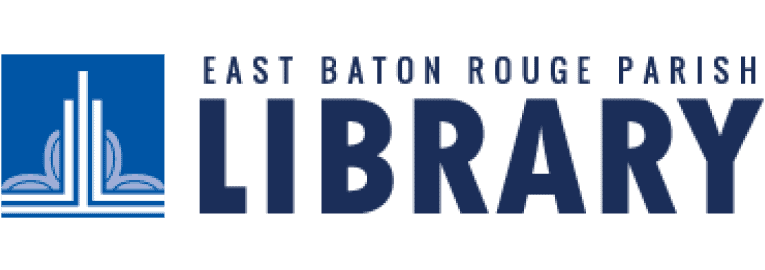
Americans work hard and they don’t like, or more accurately, don’t dare, to take time off. A study by Project: Time Off, an initiative by the U.S. Travel Association, reports that in 2015, 658 million vacation days went unused, and for 222 million of those, employees received no compensation for these unused vacation benefits.
The reason cited most often by employees is that they feel there is too much to do and that there will be a mountain of work waiting for them upon their return, making the vacation not worthwhile. Also, company culture often doesn’t encourage taking time off. Instead, it is the employees’ perception that the more time they spend at work, the more successful they will be.
Is this healthy? No! Is this productive? No! Is it possible to do this differently? Yes!
Let’s see what taking time off can do for you.
Improve your health
Stress reduction: Vacations reduce stress by removing people from situations that are associated with stress and anxiety, according to a study by the American Psychological Association. Other studies have shown that employees who take time off complain of fewer stress-related illnesses, such as headaches and backaches, once they return to work.
Heart disease prevention: A number of studies have shown that taking time off can decrease your risk for heart disease. One study showed that women who took a vacation only once every six years were eight times more likely to develop heart disease than women who took at least two vacations a year.
Strengthened immune system: Since too much stress and overwork negatively affects the immune system, the rest and relaxation associated with time off will likely lead to strengthened immune systems — and fewer days of work missed due to sickness.
Improve your productivity
Taking time off is not only good for you, but also for business! Research shows that when done right, time off will increase your energy level and happiness, which translates into higher productivity. Incidentally, many of the countries with the highest labor productivity are also home to employees that take most of their very generous vacation allowances (e.g., Switzerland, Netherlands, Germany).
Accelerate your career
Taking more time off can lead to better job performance and faster promotion. An internal study at professional services firm EY has shown that for every additional ten hours of vacation that employees took, their year-end performance ratings improved by 8%. According to Project: Time Off, people that use all of their vacation time have a 6.5% higher chance of getting a raise and/or getting promoted than employees who decide to let 11 or more days of their leave lapse. A word of caution, the relationship established in this study is correlation, not causation, but it is an interesting notion, nonetheless.
However, beware — a poorly planned or poorly executed vacation can achieve the opposite effect: you will return to work even more stressed. Therefore, plan your time off wisely. Plan and coordinate with your colleagues ahead of time to avoid that huge mountain of work waiting upon your return. Most importantly, relax and recharge.
Now have fun planning your next vacations!
Written by Anne Nowak.
Note: This article was originally posted in March 2017, and has been re-posted with updates to reach a new audience.

Leave a Reply
You must be logged in to post a comment.